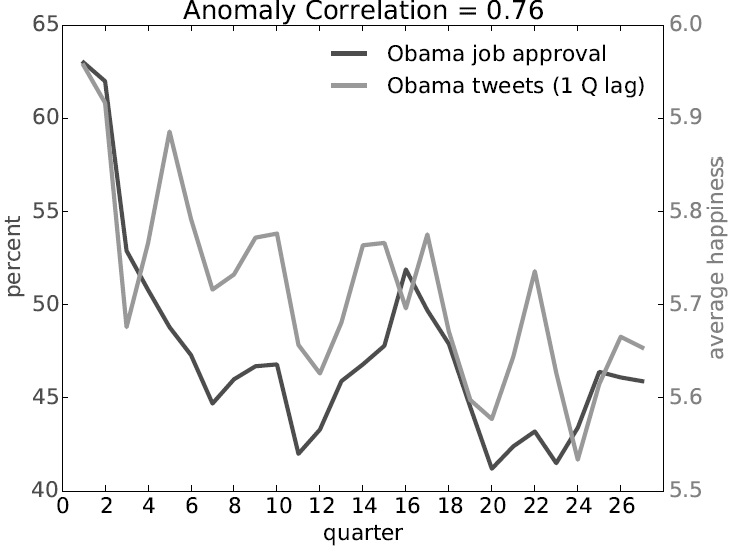As noted previously on ÆtherCzar, the FCC recently issued an NPRM proposing to reform the Experimental Radio Service (ERS). While many of the reform ideas are welcomed, the Commission proposes offering favorable treatment to academic researchers over researchers in industry. This policy is difficult to justify since most technological development follows from improving existing technology, not from academic science. In the case of RFID, all of the most significant inventions in the field were due to researchers in industry. Those inventions in turn depended principally upon other patents – not academic research. And the ultimate invention of RFID technology may be traced back to entrepreneurial inventors at small businesses. Today ÆtherCzar continues excerpting from a Comment I filed with the FCC last week – taking a closer look at the role of small business in innovation.
The experience of RFID highlights an important point: small businesses often play a critical role in fostering fundamental technological innovation. According to a study by the Rand Institute, “There is a general rule of thumb that radically new technologies are usually developed, marketed, and matured by new companies. With some exceptions, making bold technological and product line shifts is difficult for established companies, which usually prefer to evolve along the established lines that have been successful for them in the past.” [1] If the Commission seeks to encourage wireless innovation, researchers affiliated with small businesses should not be discriminated against in the NPRM. Moreover, the NPRM’s proposed discriminatory policy cannot be reconciled with “the declared policy of the Congress that the Government should aid, counsel, assist, and protect, insofar as is possible, the interests of small-business concerns.” [2]
The NPRM cites the National Broadband Plan (NBP), suggesting that the Commission start a rulemaking proceeding “to establish more flexible experimental licensing rules for spectrum and facilitate the use of this spectrum by researchers.”[3] The NBP recommends “[a]llowing research organizations such as universities greater flexibility to temporarily use fallow spectrum can promote more efficient and innovative communications systems.” [4] Although universities are presented as examples of research organizations, nowhere does the NBP specifically require that researchers be associated with academic institutions or non-profits.
Industrial researchers have a proven record of successful wireless innovation. I strongly endorse Boeing’s recommendation: “…such experimental authority should be granted not only to research organizations such as universities, but to any proven testing entity that can demonstrate to OET that it is sophisticated in the design and operation of wireless systems, and in the use of various forms of attenuation to minimize the possibility of harmful interference.”[5] Furthermore, while applicants should publicly disclose technical parameters of testing, I further recommend that applicants for a program experimental license be allowed to maintain confidentiality of program details or descriptions that may be proprietary or classified. This will not only enable researchers in academia and industry alike to preserve patent rights but also will allow defense contractors to pursue innovative classified projects.
If you have an opinion to voice or a wireless research story to share, please consider passing them on to the FCC through their comment system (Electronic Comment Filing System). See http://cybertelecom.org/notes/fcc.htm (scroll on down to “Comments About Comments”) for good advice about drafting your own comment (Hat Tip: Steven J. Crowley).
See also, more from ÆtherCzar:
- FCC Overhauls Experimental Licensing to Favor Academia Over Industry
- Academic Science and the Origins of Technology
- Who Invented RFID: Industry or Academia?
- Wireless Innovation by Small Businesses
And some additional links:
- The FCC’s NPRM to reform the Experimental Radio Service.
- My Comment filed with the FCC last week.
- CommLaw Blog: FCC Sets Out To Overhaul Experimental Licensing
- Steven J. Crowley: “Trusted” Academia Favored over Industry in FCC’s Proposed Experimental Rules
[1] Bruce Held and Ike Change, “Using Venture Capital to Improve Army Research and Development,” Rand Issue Paper 199 (2000). See: http://www.rand.org/pubs/issue_papers/IP199/index2.html
[2] 15 U.S.C. §631 (a)
[3] NPRM para. 18
[4] National Broadband Plan, Chapter 7, Recommendation 7.7
[5] Comment of The Boeing Company, September 30, 2009, p. 16.



One thought on “Wireless Innovation by Small Businesses”